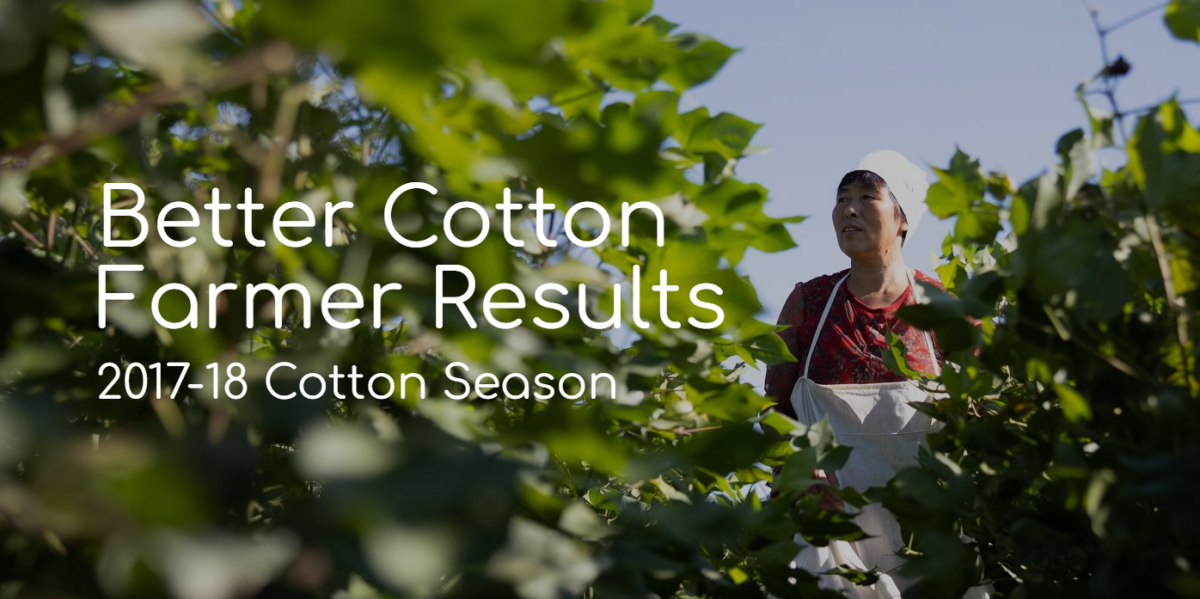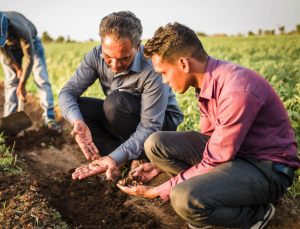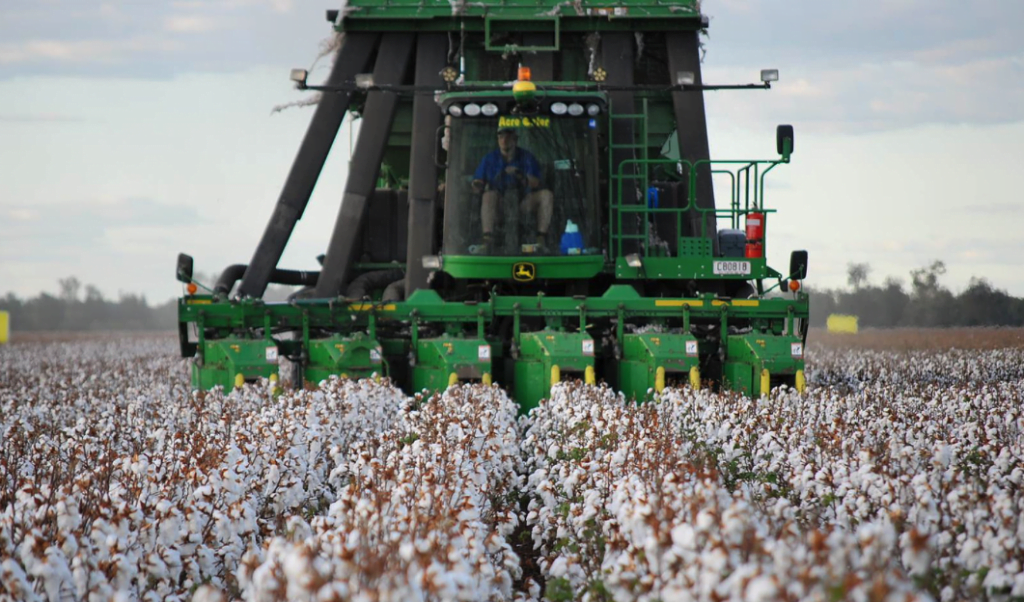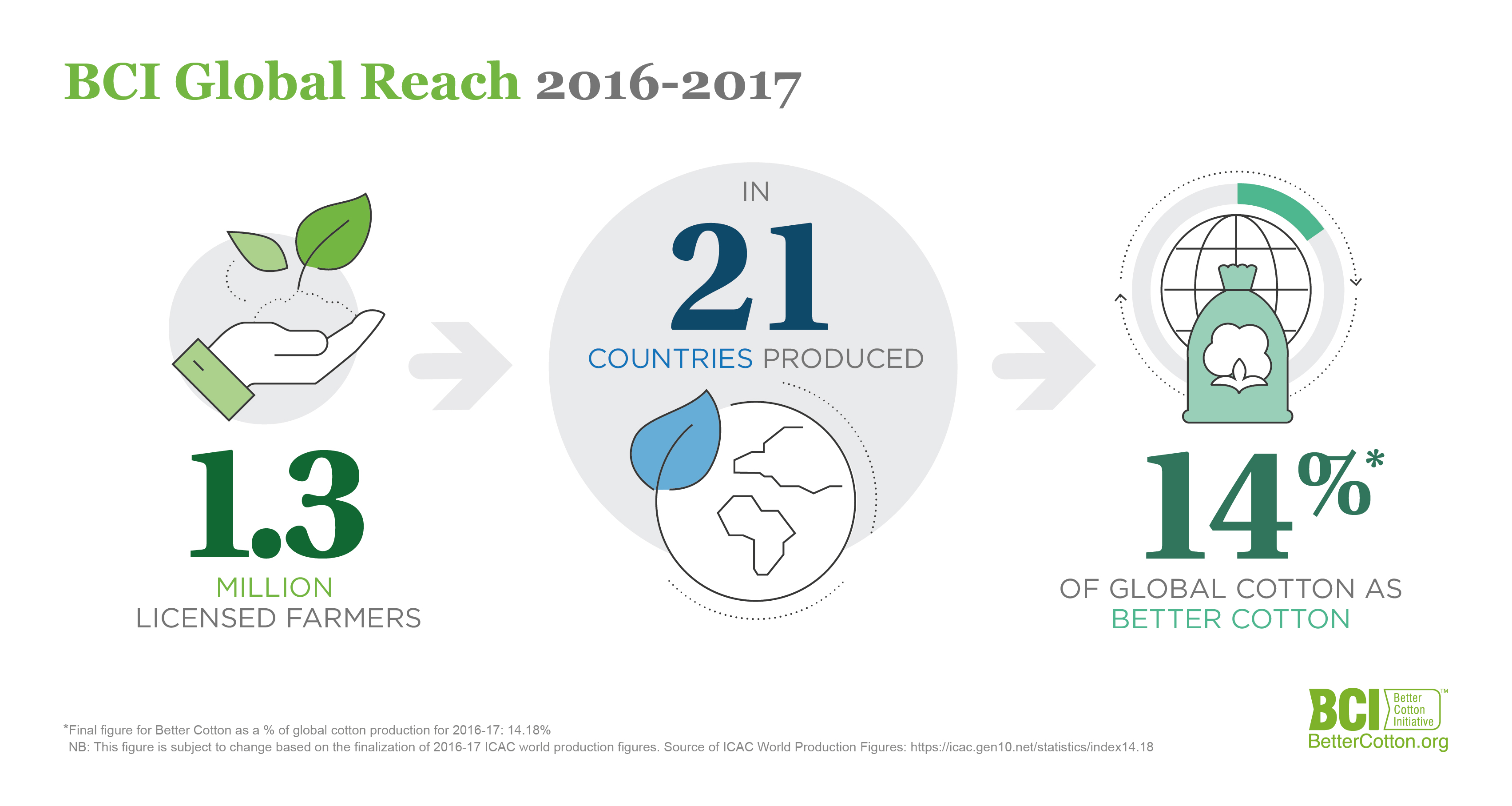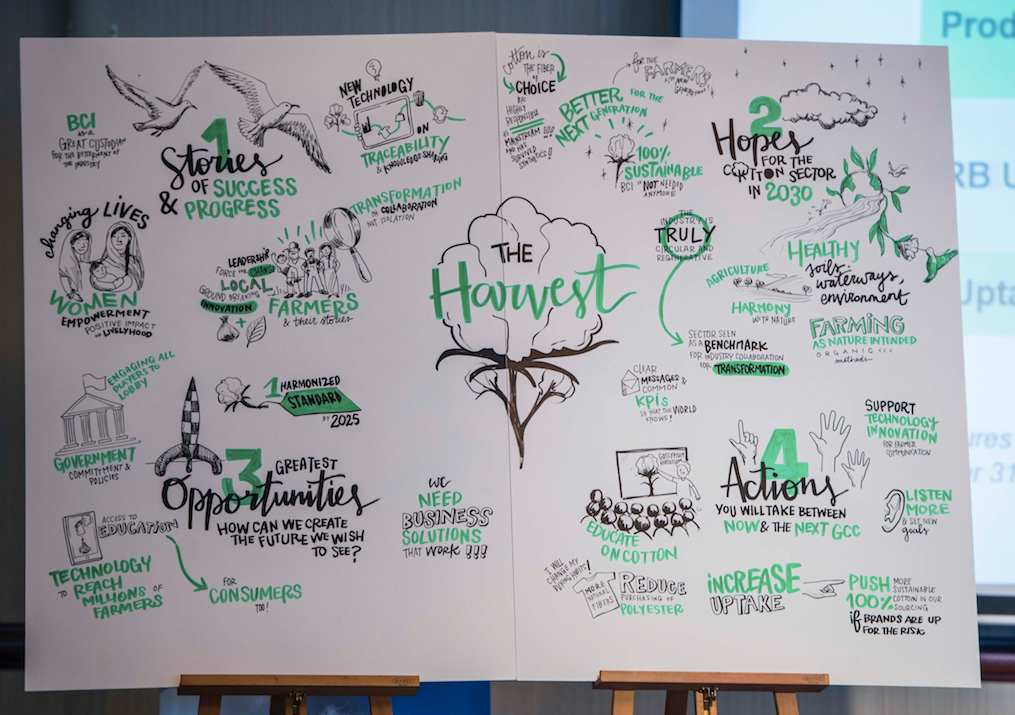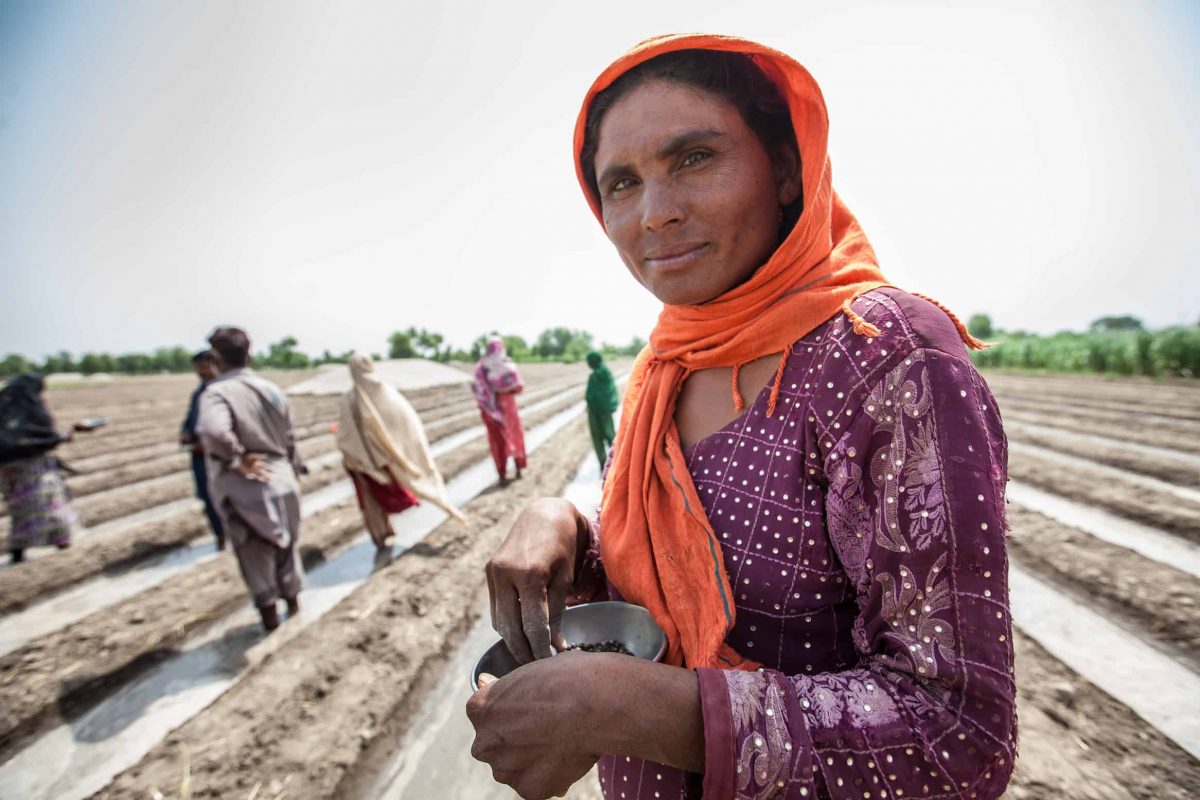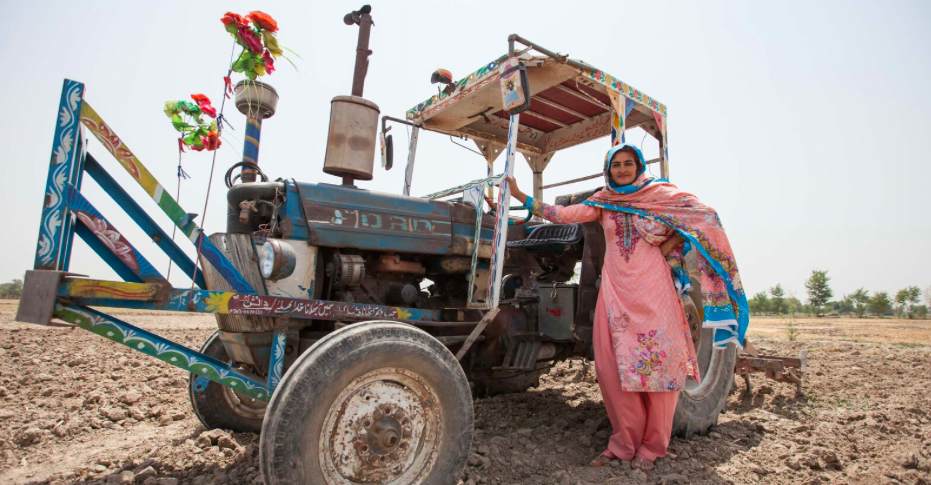Brice Lalonde, former sustainability advisor to the UN Global Compact, has built an inspiring career dedicated to sustainable development and the environment. His profession has seen him working with environmental NGOs, as a minister in the French government and as a climate change negotiator, among other important roles.
Brice will be sharing his knowledge and insights as a keynote speaker at the BCI 2018 Global Cotton Conference. His talk will focus on the Sustainable Development Goals, how they are influencing all industries, and the implications for agriculture. He will also explore how climate change is likely to influence decision making in the next decade.
We caught up with Brice ahead of the conference to get his thoughts on how we should be tackling sustainability challenges.
How can sustainable development effortsaddress some of the world’s most pressing sustainability challenges?
Sustainable development requires a holistic approach. Using water as an example, (I work in the areas of water and climate) you cannot manage water if you do not take into account the full picture. Looking upstream you have the environmental features of the water catchment area; the weather conditions, whether there is rain or drought, whether there are wetlands and riparian forests. Looking downstream you need to consider how water is being used; the efficient and fair distribution of water to the urban dwellers, to rural farmers, to farmed animals such as cattle, to wild animals and to industries. Then we need to consider how we clean the water to reuse it. All of these elements are interconnected. In some places of the world, water is very scarce, and over pumping of underground fossil water, although seen as an immediate solution, could lead to disaster in the future. Sustainable policies, cooperation and collaboration are key to addressing the water challenge.
Do you think multi-stakeholder efforts can be effective in addressing key sustainability challenges?
I believe multi-stakeholder alliances are the most effective way to tackle sustainability challenges, and I think the Better Cotton Initiative is a good example of such an approach. Inter-governmental negotiations can be slow; nation states don’t always tolerate interference nor any form of supranational control, and they cannot act beyond their borders. Therefore, there are challenges. Building an international coalition of corporations, NGOs, local governments, universities and media, all focussing on very targeted goals with a system of accountability of its own is much more effective in addressing key sustainability challenges. Nation states have now done their job. They have adopted the 17 Sustainable Development Goals, and they have signed The Paris Agreement, which brings all nations together for the common cause of undertakingambitious efforts to combat climate change and adapt to its effects. We know what the international community wants. Inside this framework we hope to see a flourishing of multi-stakeholder projects that will combine the strength and competencies of each member to address key sustainability challenges.
BCI stewards a holistic Standard that incorporates economic, social and environmental elements of sustainability. How do you see each of these elements working together to affect real lasting change?
There is no way of addressing the world’s challenges if the different dimensions of sustainable development are not intertwined properly. In one corner of the triangle, the life of the population and their economies are embedded in nature. If nature is destroyed, the pattern of a society and the basis for the economy will be ruined. In the second corner of the triangle, a stable and healthy society is connected to a thriving economy, and you need a strong economy to steward the environment. Social justice and gender equity are probably the most important conditions in order for people to feel useful to the community and be happy to be in that community. There is a strong risk of unrest if inequalities widen and if people are disadvantaged. And in the third corner of the triangle, a society needs to create wealth for the long term. Today a lot of corporations want to contribute to the common good while pursuing their mission. Although they have one constraint: not to lose money. We can see that each point of the triangle is connected, and all elements of sustainability have an impact on one another.
Join us for the BCI 2018 Global Cotton Conference.
Toward 2030: Scaling Impact Through Collaboration
Brussels, Belgium | 26 – 28 June
Register here.
Read more







































